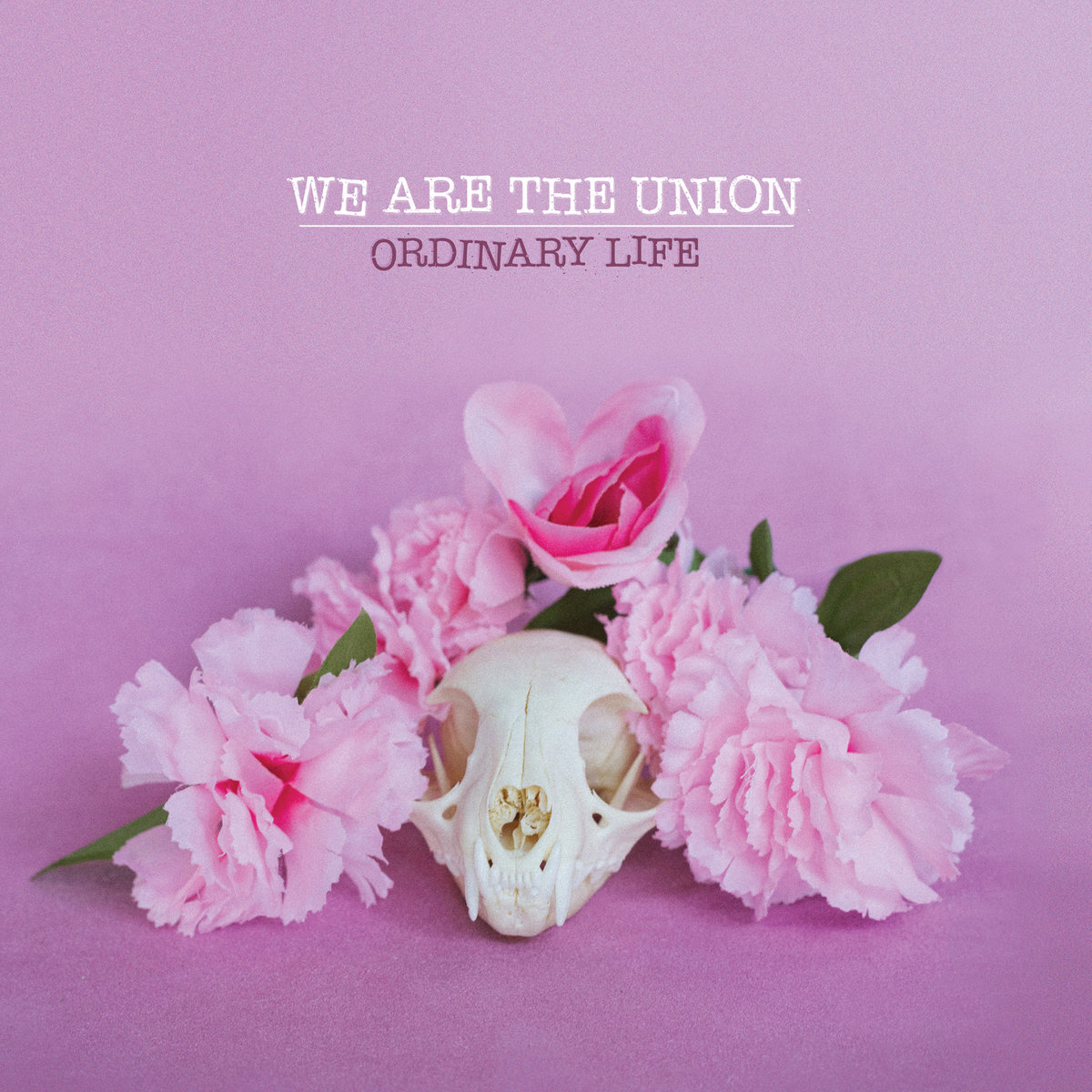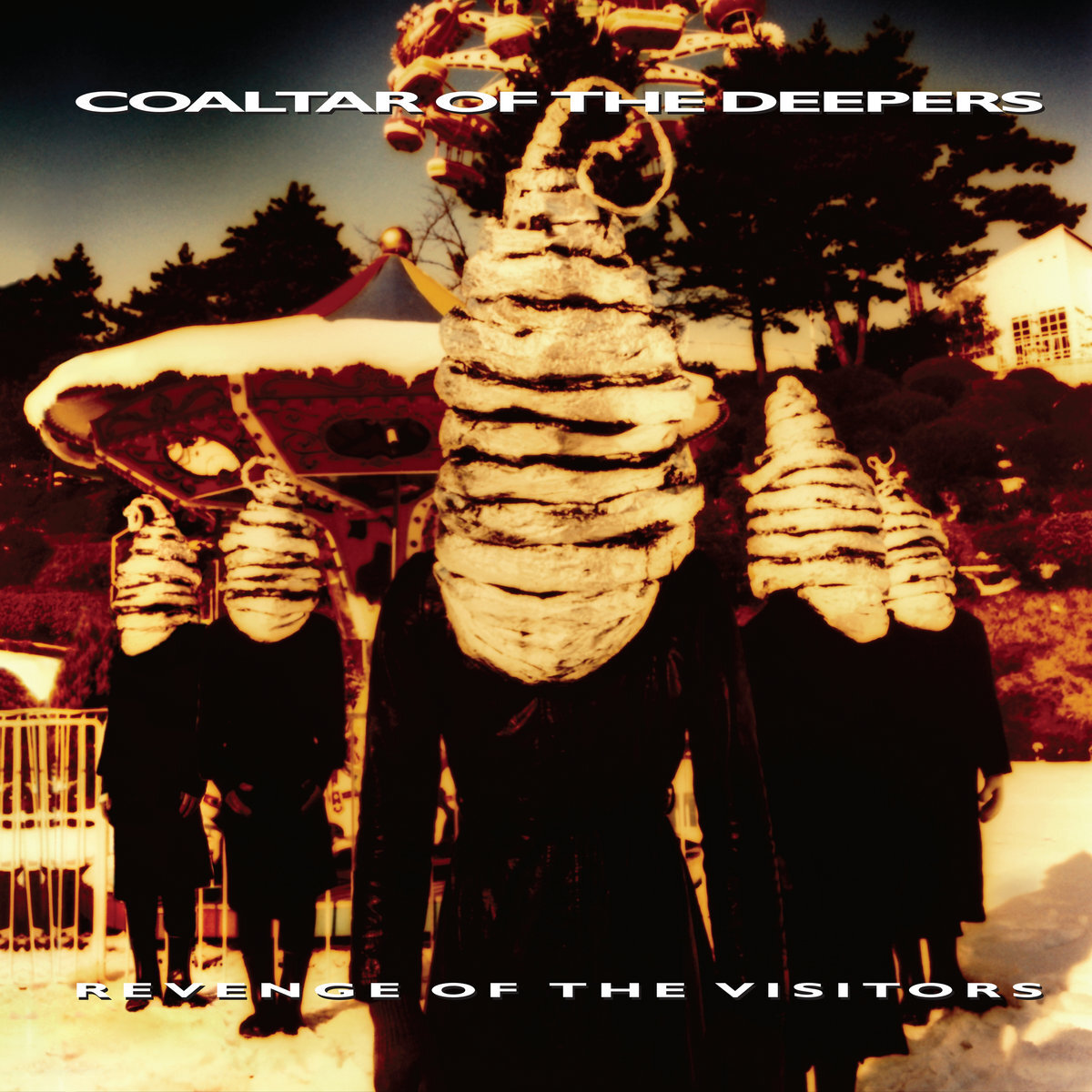This album sends you full swing into a ska-filled summer with opening track, “Pasadena.” Right off the bat, the listener is hit with catchy lyrics of a failed relationship portrayed in a manner that everybody can relate to. With a mental state cracking and causing division and conflict at every turn, Wolcott sums up the feelings of being mentally ill in a long-term relationship.
and it’s a shame
your secret smokes in the alleyway
to numb the pain
to escape the everyday mundane
What’s so fun about Ordinary Life is how successfully Wolcott writes about the transgender experience in ways that everyone can relate with. Through catchy ska-punk tunes, this album conveys how similar the existential dread feels from person to person. Despite the upbeat instrumental, this opening track foreshadows the depth Wolcott reaches in showcasing what makes that experience unique for her as a trans woman.
Wolcott’s ability to sing about the transgender experience through relatable anecdotes makes for a conceptual album that is handcrafted and delivered for queer fans while easily digestible for the cis fans. It is a widely accessible album that never falls short in poignant prose but doesn’t hide the transgender experience behind any curtains or veiled analogies. Each song is far from anything in the realm of the ordinary. Instead, they champion transparency and complete honesty to create an album that fully grasps the transgender experience for everyone to hear. Ordinary Life demands your attention and holds it for 35 minutes straight.
With the lead single, “Morbid Obsessions,” we are met with the album’s thesis. As showcased in the music video, this album is all about burying your old self, laying the relationships that don’t serve you to rest, and becoming brand new. The concept of transgender feelings as morbid obsessions is cunning, especially with the analogy of zombies used in the video. It brilliantly illustrates how an overwhelming majority of the public views transitioning as some fucked up fixation. The quite literal zombie-like feelings come from the alienation felt by trans people in a capitalistic society that wants to shut you out completely. The metaphor of the plague doctor as a bouncer symbolizes sexual control and police brutality towards LGBTQ people enacted by the state. It also shows the religious right-wing’s desire to eradicate the trans community entirely. This video depicts the intolerance that queer people face whether they’re coming out, actively transitioning, or expressing their gender.
When you’re trying to stuff gender-related feelings deep down inside, interacting with others is met with fear of accidentally confessing and outing yourself. The cleverness of this band is exhibited in the “No Zombies Allowed” sign at the bar where the video takes place. Feeling like a sore thumb, Wolcott turns to leave but is stopped by Jeremy “Jer” Hunter, best known for their slapping covers over on Skatune Network and carrying the We Are The Union brass section. Through storytelling, “Morbid Obsessions” gives us a glimpse into discovering and redefining your gender around the people you love.
Jer’s role in this video is riddled with underlying experiences of living as a nonbinary person. As Wolcott made an entrance with every zombie trait on display, Jer’s features are more subtle and easily covered by a hood. The experience of living in the in-between is best captured with this role and conveys the similarities in gender non-conforming and trans identities. Although not privileged with the same abilities to pass, Wolcott forges camaraderie with Jer and fellow zombie Gracie Pryor. Together, they break the bar rules and defeat the plague doctor once and for all.
now in come the drugs
in come the drugs and the booze
razors, wrists, and self-abuse
trapped like a rat, got nothing left to lose
she wanted a dress
like all the other girls
a head full of curls
they said “son, you can’t always get what you want in this world”
Whereas bands like Home is Where weave feelings through intricate metaphors embroidered in extrospective observations, We Are The Union capture the trans experience from the inside out. It feels like the band is processing each new emotion as they unfold.
This means every track possesses an introspectiveness sprinkled with a healthy amount of one-liners and humor. While Self Care sought to normalize mental health, Wolcott now takes on the task of normalizing the trans experience as a whole with Ordinary Life. The result is a record full of pop-punk melodies coupled with excellent 2-tone rhythms. It is honest, upfront, and genuine, with summer vibes bursting at every seam.
Best fitted for skanking your heart out in sweaty basements, Ordinary Life is a vibrant record that wears its heart on its checkered sleeve. The record’s sound is a far cry from the blacked-out, classic punk of Against Me!’s Transgender Dysphoria Blues, but is so rich with the trans experience and solidarity that it brought me right back to the first listen of that defining trans album. However, with each listen of Ordinary Life, it becomes clear that to compare We Are The Union to Against Me! would be an understatement. These are two bands for different moods and different parts of the process. Transgender Dysphoria Blues is the battle cry to transitioning with room to spare for letting out composed rage, while Ordinary Life is all about the messy in-betweens, fucking up, and dancing on the grave of your enemies and past self.














